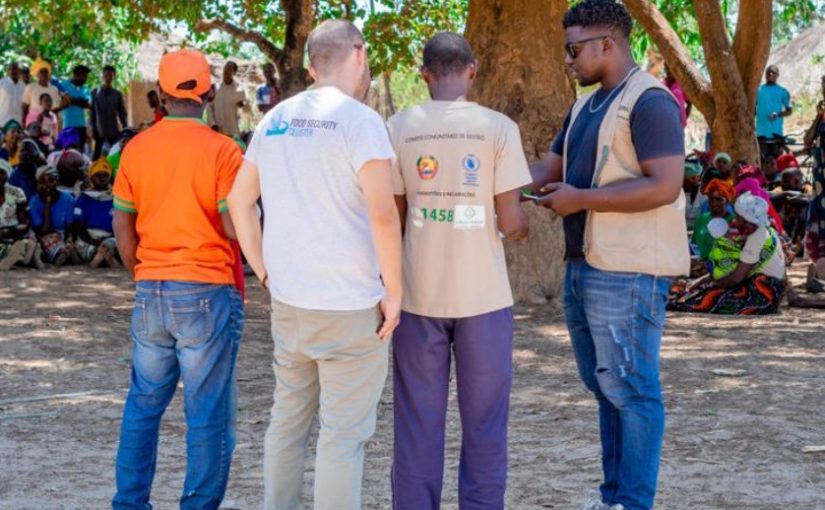Mpox: Mozambican authorities report 11 suspected cases, only three confirmed cases
Mozambique: More than 1.5M people in food crisis or emergency

Image: Mozambique Food Security Cluster
The Food Security Group, which recognised that it had no resources, said that in June, more than 1.5 million people in three northern provinces of Mozambique were in a situation of crisis or emergency due to food insecurity.
According to the report for the first half of the year released by the group, which was set up in 2011 and is jointly led by the Food and Agriculture Organisation of the United Nations (FAO) and the World Food Programme (WFP), the situation is in the provinces of Niassa, Nampula and Cabo Delgado, the latter has 879,000 people in this situation, namely due to the terrorist conflict.
“The FSC [Food Security Cluster] partners call on donors to support the 2024 Humanitarian Needs and Response Plan [NHRP], which targets $172 million [€159.2 million] to meet the needs of approximately one million people, including those affected by conflict,” according to the Food Security Cluster report, based on the latest analysis of the Integrated Food Security Phase Classification (IPC) in northern Mozambique.
The document added that inadequate resources severely hamper the “humanitarian response in Cabo Delgado”.
“By June 2024, the FSC’s NHRP was only 34% funded, starkly contrasting to last year. This funding shortfall has forced FSC partners to make difficult decisions, such as reducing food rations to reach more beneficiaries or extending services among displaced people, host communities and returnees, thus jeopardising the quality of assistance,” it reads.
It also acknowledged that “despite intermittent access challenges due to road closures and insecurity”, partners on the ground “prioritise maintaining a presence on the ground and providing the necessary services and supplies”.
“The situation is serious, with more than half a million people displaced and 623,000 returning home in northern Mozambique. Widespread destruction and damage to infrastructure, including recently rehabilitated facilities, has disrupted services in conflict-affected districts and reversed development gains,” it said.
“The vulnerability of IDPs and returnees, who continue to depend on humanitarian assistance for survival, is significant. Returns often occur in remote areas where traditional community protection networks have not yet recovered,” the report also recognised.
In recent months,”the security situation in Cabo Delgado has sharply deteriorated.”. Between December 26, 2023, and the end of May 2024, “attacks by non-State armed groups (NSAGs) have displaced approximately 189,000 people, marking the largest displacement since 2017”, the document pointed out.
“This violence has spread across multiple districts, including Ancuabe, Chiure, Macomia, Mecufi, Metuge, Mocímboa da Praia, Muidumbe, and Quissanga, with spillover into Nampula Province’s Erati and Memba districts. These attacks have expanded into previously unaffected areas, leading to a broader geographical spread of NSAG operations.” the Food Security Group acknowledged.
It also added that he “recent attack in Macomia district resulted in the suspension of assistance to 89,000 people, further exacerbating the crisis”
The Food Security Group coordinates food security responses during and after a humanitarian crisis, including food availability, access, utilisation, and stability, with a network of more than 1,000 partners in 29 countries.
Cabo Delgado has been facing an armed rebellion since October 2017, with attacks claimed by movements associated with the extremist group Islamic State.
The last major attack took place on 10 and 11 May on the district headquarters of Macomia, with around a hundred insurgents sacking the town, causing several deaths and heavy fighting with the Mozambican Defence and Security Forces.












Leave a Reply
Be the First to Comment!
You must be logged in to post a comment.
You must be logged in to post a comment.